
That page at the front of the book is the “colophon,” or the copyright page.…

While it’s true that A work is usually superior to the work of other students…
Get a free sample of ProofreadingPal’s work.
Two professional proofreaders will proofread and edit your document.
Try it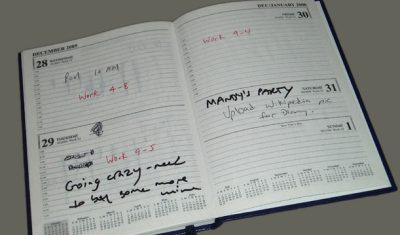
What makes this resume uniquely yours? What does it say about who you really are?…
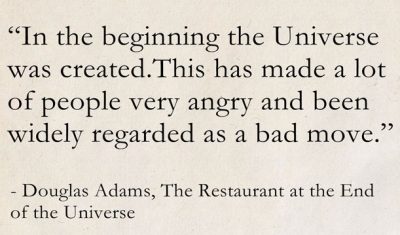
Look up “paraphrase,” “summary,” and “précis” in the dictionary, and you’re going to find a…

In this blog post are a few of the most common comma errors and tips…
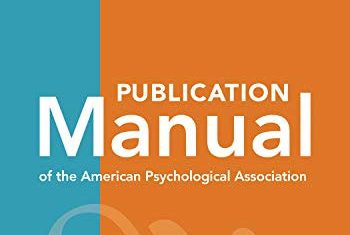
APA insists that you never leave it unclear just what is your opinion and what…

A few key grammatical and spelling differences between US and UK English to remember when…

So how do you protect yourself and still share your work? It all comes down…

Sentences can have a lot of other things, like objects and indirect objects and dependent…

If you have been subjected to a genuine injustice that needs to be corrected, such…

In general, the active voice is much clearer, more concise, and direct: all qualities of…

It’s pretty easy to avoid second person in formal writing, so the main source of…
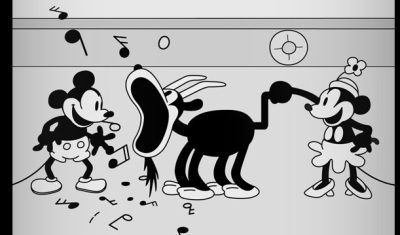
We’ve all had it drilled into our heads that we have to cite and reference…
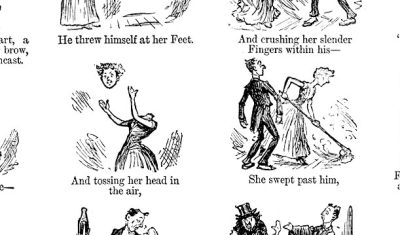
Clichés serve many purposes. Unfortunately, they’re all bad.

These little moments are “activators” and can be made of simple, conversational phrases that put…

Here are some subtle ways we can add to our meaning by emphasizing words, expressions,…
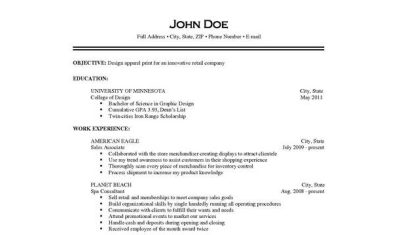
Different resume formats emphasize different aspects of your skills, experience, and even personality.

People are right to be confused because what tense you should use varies widely depending…

Don’t try to memorize some list of clichés. There are thousands of them. But also…
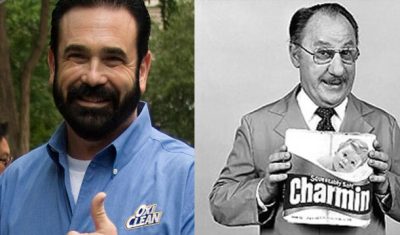
How well you can make a living depends on how well you can stand out…
Get a free sample proofread and edit for your document.
Two professional proofreaders will proofread and edit your document.
We will get your free sample back in three to six hours!